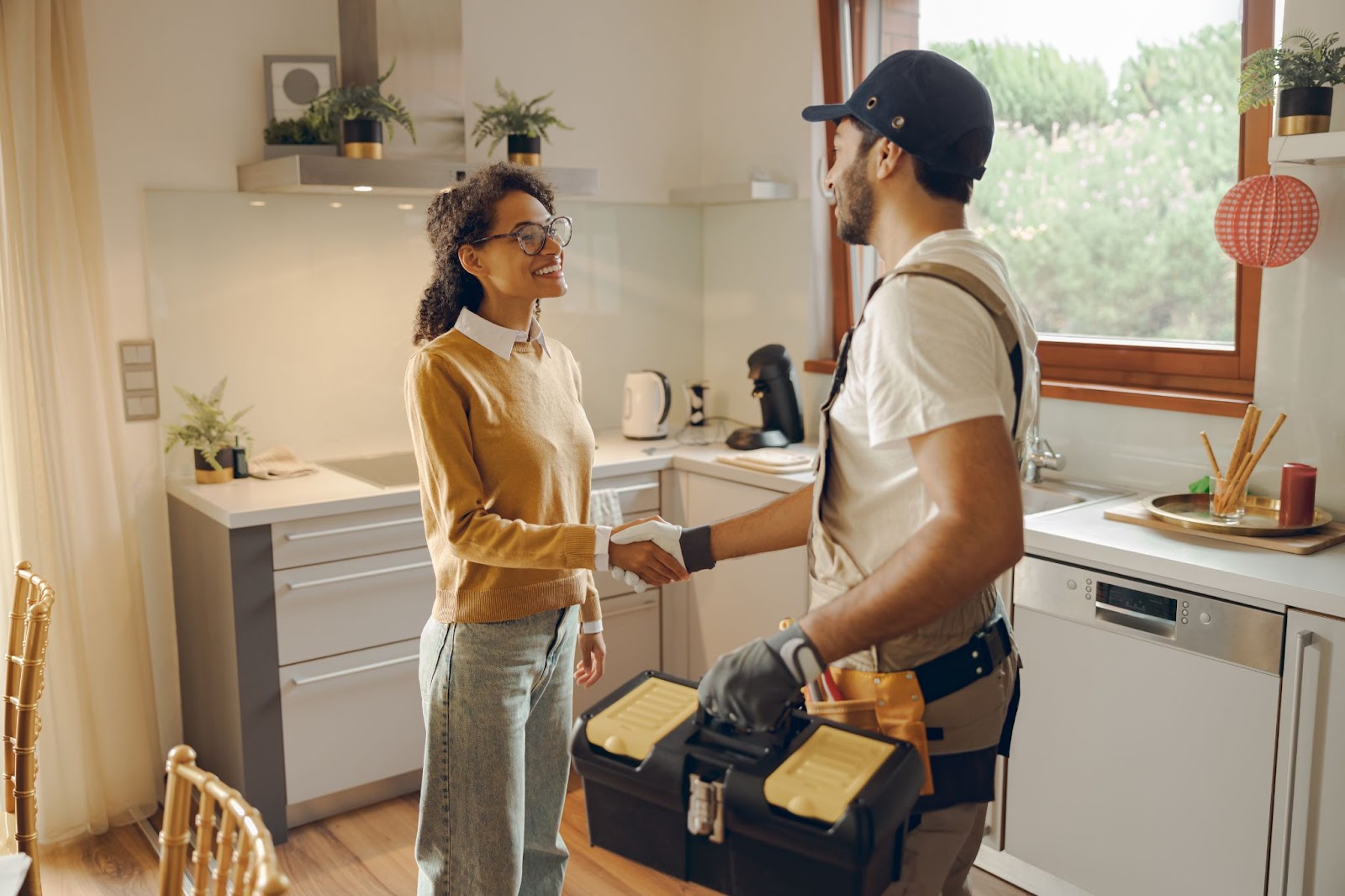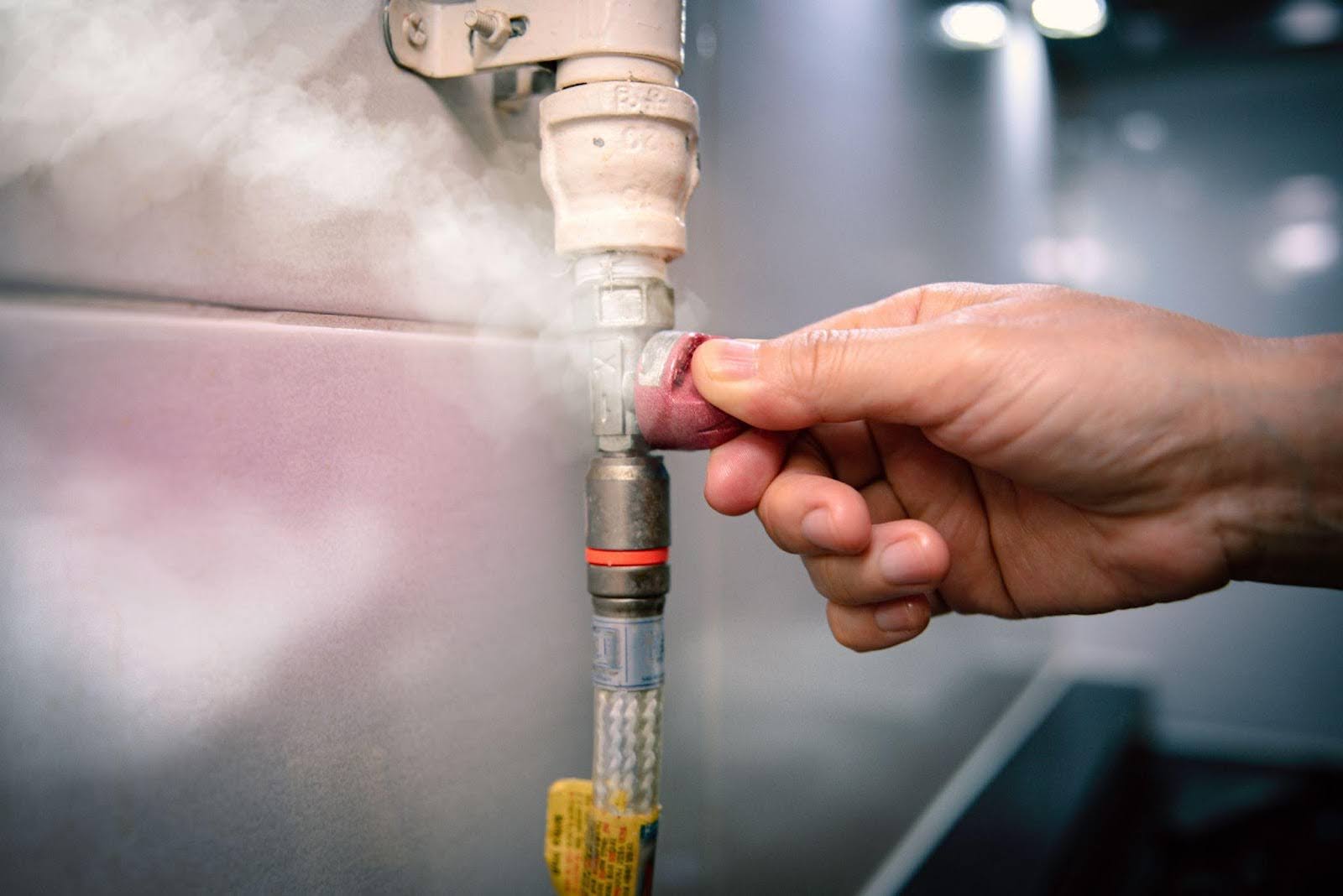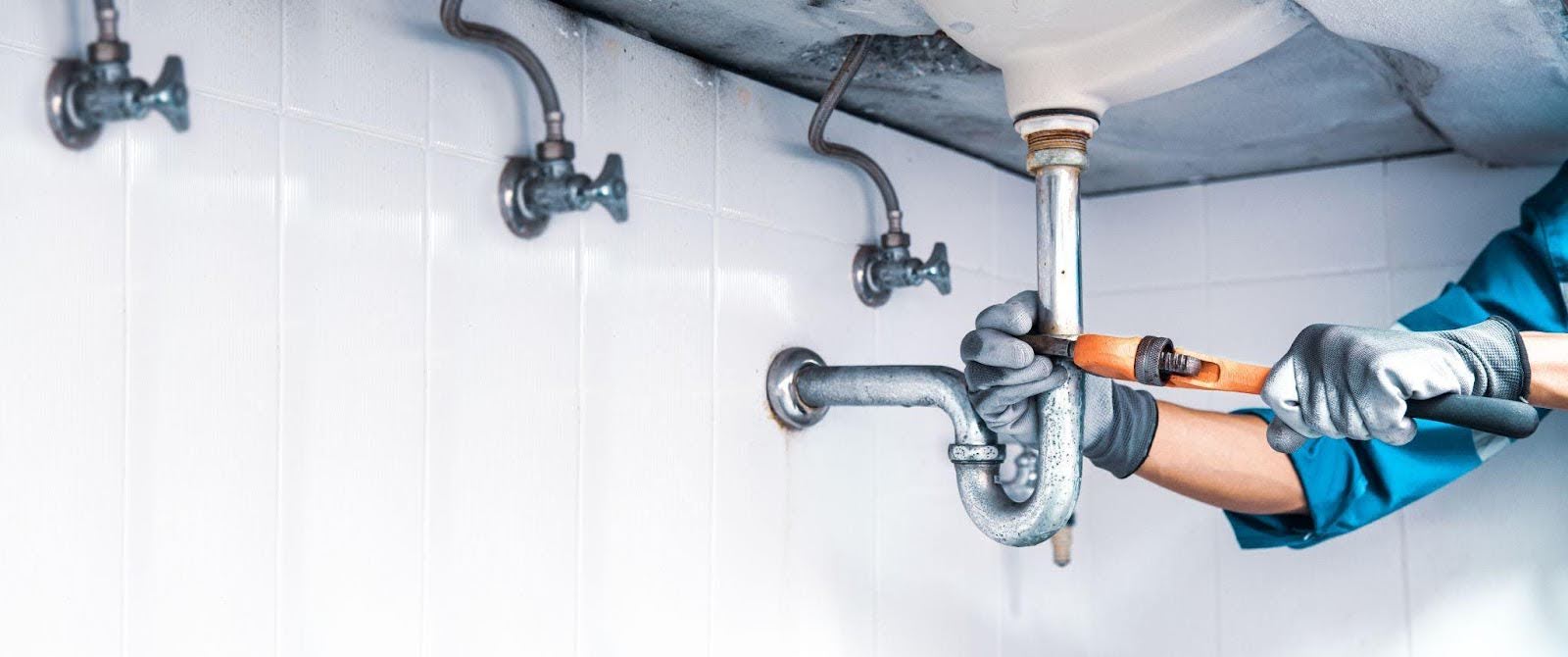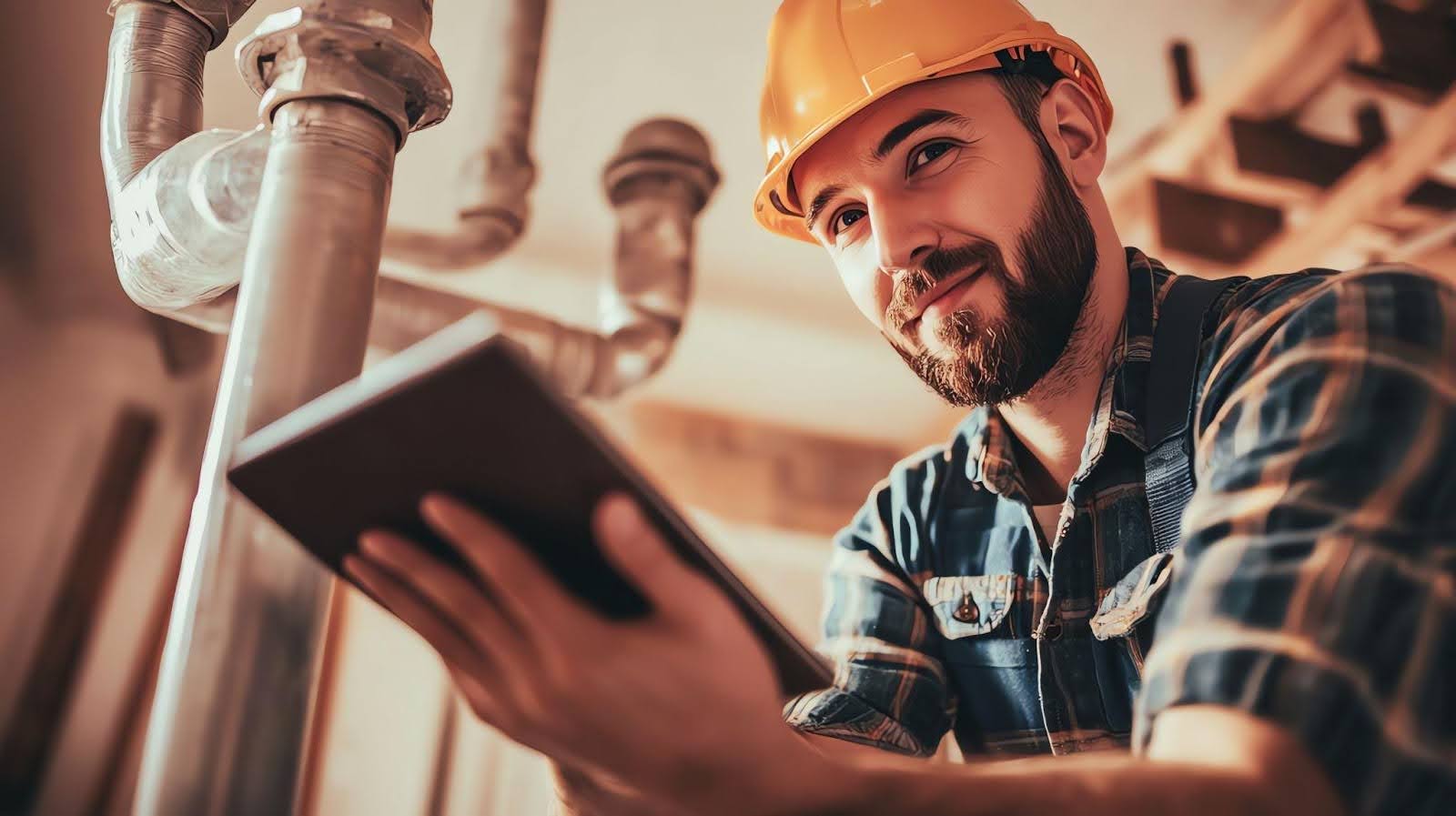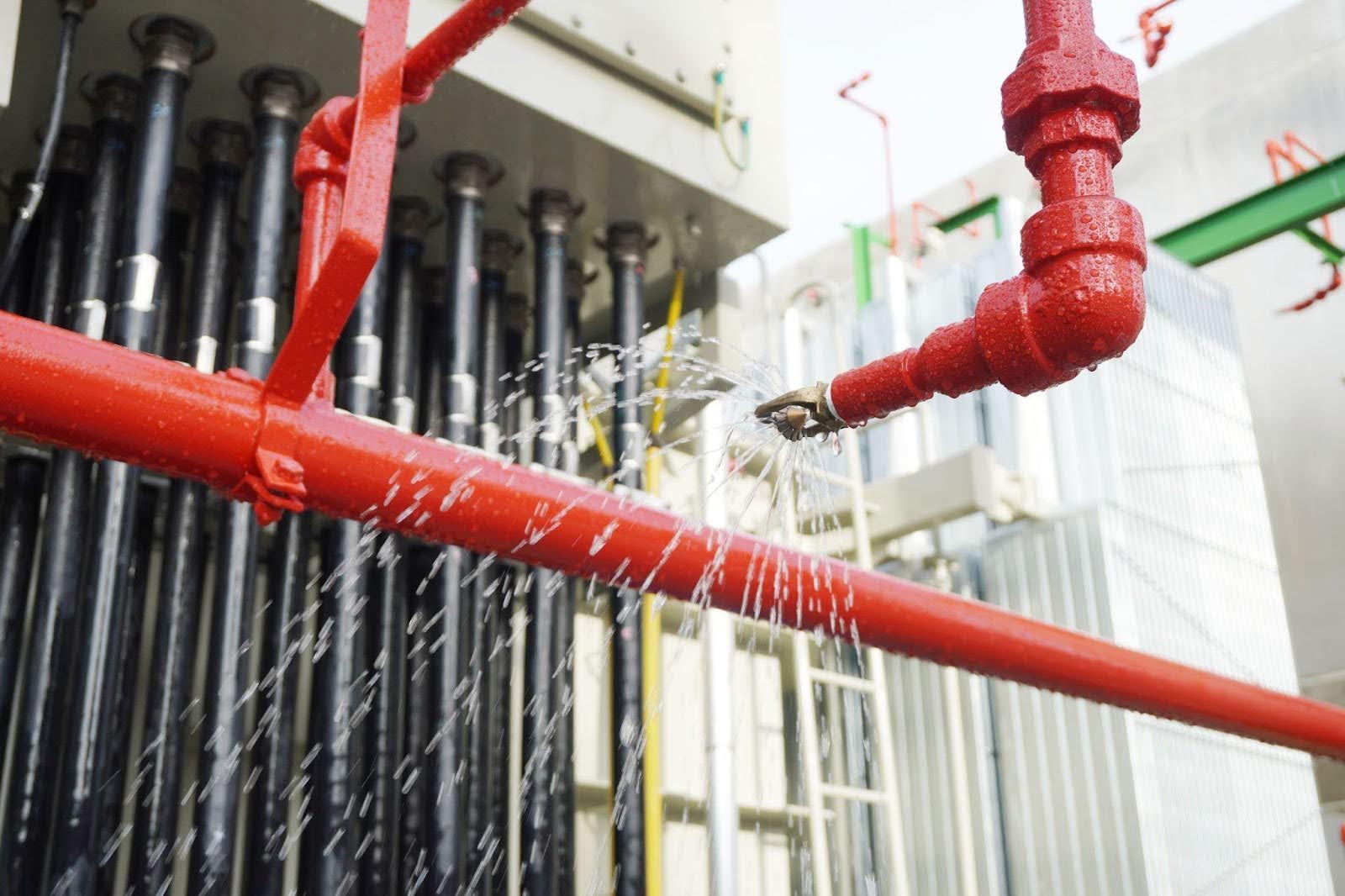Apartment living comes with unique challenges, especially when plumbing issues arise. Whether you’re a tenant or a landlord, understanding who handles plumbing repairs can save time, money, and frustration.
Ownership and rental agreements often dictate responsibility, but it’s rarely a black-and-white issue. Knowing your rights and duties ensures smoother communication and fewer headaches.
Understanding tenant responsibilities for apartment plumbing
Tenants play a crucial role in maintaining the plumbing in their apartment. Everyday habits have a direct impact on the condition of the pipes, fixtures, and appliances. Basic maintenance often falls on tenants, especially for more minor issues that don’t require professional plumbing expertise.
For example, tenants should address simple problems like clogged drains caused by hair or debris buildup. Regularly cleaning drains with non-corrosive methods keeps water flowing smoothly. Proper disposal of grease, food scraps, or hygiene products prevents major blockages in apartment plumbing.
Leaky faucets or running toilets are common issues tenants must report quickly. Ignoring these minor problems could lead to significant water waste and increased utility bills. While tenants aren’t always responsible for repairing these issues, promptly notifying landlords helps prevent further damage.
Accidents or negligence leading to plumbing damage typically fall under tenant responsibility. Flushing non-flushable items or mishandling fixtures could result in repair costs. Tenants should review their lease agreements to understand how damage from neglect or improper use gets handled.
Landlord responsibilities for plumbing repairs
Landlords must ensure the apartment remains safe and habitable. This obligation includes maintaining functional plumbing systems. Issues that arise from aging infrastructure, regular wear and tear, or poor original installation fall squarely on the landlord’s shoulders.
For example, if a pipe bursts due to old age or a failing water heater needs replacement, these situations usually require professional plumbing services paid for by the landlord. Landlords must also address plumbing repairs promptly to avoid property damage or health hazards like mold from water leaks.
Rental laws often require landlords to maintain the apartment plumbing in compliance with building codes. Regular inspections and proactive maintenance reduce the likelihood of major problems and costly emergency repairs. Ignoring these duties may lead to legal consequences, especially if tenants suffer due to the lack of repairs.
Landlords should provide tenants with clear guidelines for reporting plumbing issues. Emergency contacts, repair request protocols, and estimated timelines for resolving problems all contribute to a more efficient process. Keeping the lines of communication open prevents misunderstandings and helps both parties address concerns effectively.
What lease agreements say about plumbing repairs
Lease agreements typically outline responsibilities for plumbing repairs. Both tenants and landlords need to review these documents carefully before signing. Understanding the terms ensures everyone knows what to expect when problems arise.
Most leases include clauses that clarify which party handles specific types of repairs. Tenants are often responsible for minor maintenance, while landlords take care of major plumbing issues. For example, if a tenant clogs the sink, they may need to fix it themselves or pay for the service.
On the other hand, a landlord must handle broken sewer lines or water supply issues.
Some lease agreements may require tenants to notify landlords about plumbing issues within a set timeframe.
Failing to report problems promptly could result in additional damage, making tenants liable for repairs. This highlights the importance of staying vigilant and proactive.
Tenants should also look for clauses about unauthorized repairs. Making changes to apartment plumbing without landlord approval could lead to penalties or voided agreements.
Always follow the proper process and avoid hiring professional plumbing services without the landlord’s consent unless it’s an emergency.
When professional plumbing services are necessary
Certain plumbing problems require professional intervention. Situations involving major leaks, water damage, or complex repairs go beyond tenant or landlord DIY efforts. Professional plumbers address issues efficiently and comply with local codes.
For example, burst pipes, significant water pressure problems, or sewage backups require skilled professionals to resolve. These situations disrupt daily life and pose health and safety risks if ignored. Landlords should have trusted plumbing professionals on call to address such emergencies.
Tenants must know when to insist on professional plumbing services. If a landlord delays repairs for serious issues, tenants may have the right to hire a plumber and deduct costs from their rent. This process often depends on local laws and the lease agreement, so it’s important to proceed carefully and document everything.
Preventative maintenance is another area where professional plumbing services prove valuable. Regularly inspecting pipes, water heaters, and drainage systems reduces the risk of costly repairs. Proactive landlords invest in these services to keep their properties in top condition and attract long-term tenants.
Legal rights and obligations in different states
Plumbing repair laws vary by state, making it essential for tenants and landlords to understand their legal responsibilities. Landlords in many states must maintain basic utilities under a warranty of habitability, allowing tenants to take legal action if landlords neglect repairs.
Some states allow tenants to withhold rent or break leases if plumbing problems go unresolved. Local laws also dictate response times for repairs, with emergencies like burst pipes needing immediate attention, while minor issues may have longer timelines.
Both parties should document plumbing issues, repairs, and communications to protect their rights and avoid disputes.
Emergency plumbing situations: who takes charge?
Plumbing emergencies require quick action from both tenants and landlords to limit damage. Tenants should notify landlords immediately about issues like burst pipes, overflowing toilets, or water heater failures and take temporary measures, such as shutting off water or containing leaks, to prevent further damage.
Landlords must respond promptly to avoid property damage, health risks, or legal consequences, relying on professional plumbing services to resolve the problem effectively.
If landlords are unreachable, tenants might need to hire emergency services as a last resort, ensuring they document all attempts to contact the landlord and provide evidence to clarify responsibility for costs.
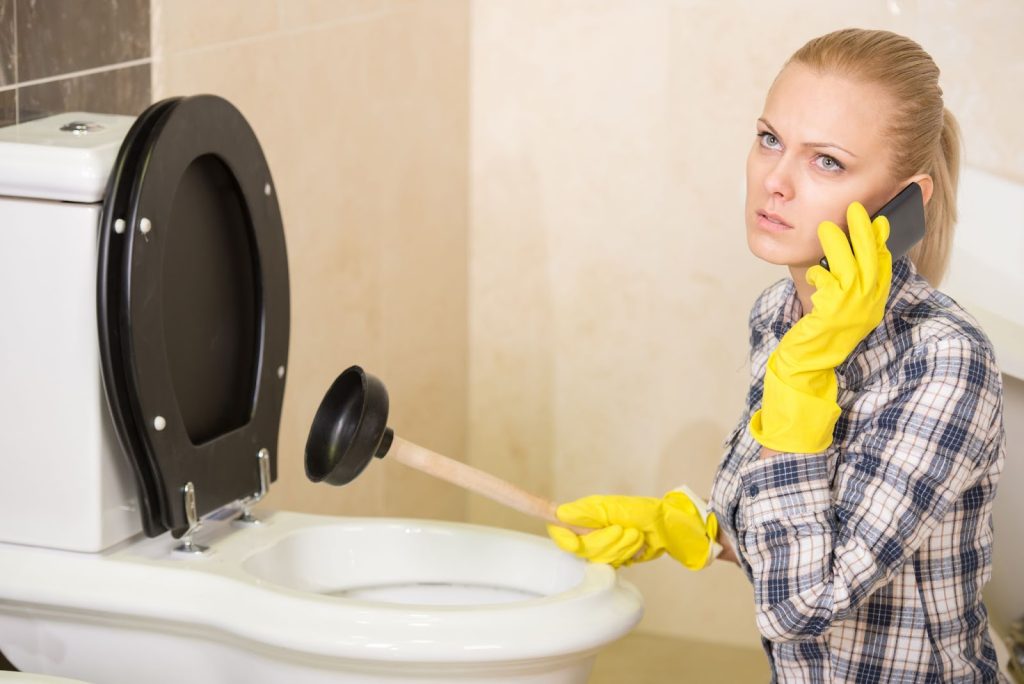
Tips for avoiding disputes over plumbing repairs
Clear communication between tenants and landlords is the best way to avoid disputes. Both parties should address plumbing issues openly and follow the lease agreement’s terms. Establishing a process for handling repairs makes the situation less stressful for everyone.
Tenants should report problems as soon as they notice them. Waiting to notify landlords often worsens the damage and complicates the repair process. Providing detailed descriptions and photos of the issue helps landlords understand the severity and take appropriate action.
Landlords should respond to repair requests promptly and professionally. Keeping tenants informed about timelines and repair plans fosters trust and cooperation. Regular maintenance and inspections also prevent many plumbing problems from occurring in the first place.
Both tenants and landlords benefit from working with experienced professional plumbing services. Skilled plumbers identify and fix problems efficiently, reducing the risk of recurring issues. Investing in quality repairs saves money and frustration over time.
Final thoughts
Determining responsibility for plumbing repairs in apartments depends on lease agreements, local laws, and the nature of the issue. Tenants should maintain plumbing and report problems quickly, while landlords handle major repairs and preventative maintenance.
Professional plumbing services are essential for resolving complex issues and keeping the property safe. Clear communication and prompt action from both parties ensure a functional, well-maintained apartment and a positive rental experience.
Choose Salisbury Plumbing for dependable and professional plumbing services
Our skilled team specializes in everything from routine maintenance to tackling challenging repairs, ensuring your plumbing system stays in top shape. Whether you need to address a current issue or safeguard your home against future problems, our experts provide solutions tailored to your needs.
With a commitment to quality work and customer satisfaction, we’re here to keep your plumbing running smoothly for years to come. Reach out today to schedule your service and experience the difference!


